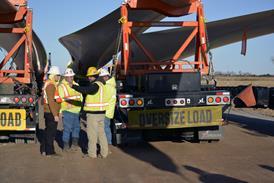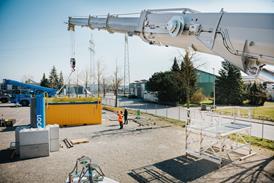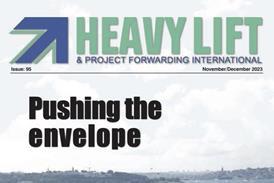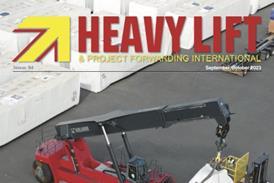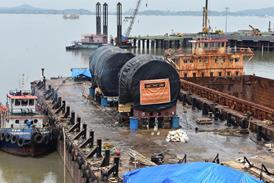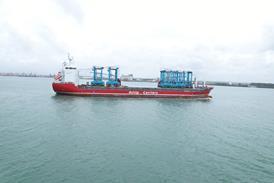September 23 - All eyes are on Rotterdam as a new convention governing the movement of commercial cargo by sea is set to be signed in the Dutch seaport.
The so called 'Rotterdam Rules' - officially known as the U.N. Convention on Contracts for the International Carriage of Goods Wholly or Partly by Sea establishes uniform and modern international rules governing the rights and obligations of shippers, carriers and consignees under a contract for door-to-door carriage that includes an international sea leg. The application of the new convention is designed to make international trade easier and lead to an overall reduction in transaction costs.
The ratification process has sparked a lively debate. Some stakeholders involved in international trade are of the opinion that the new convention would be in the interest of global trade and would be preferable over the current patchwork of regimes in force worldwide. It is also believed that a set of rules with a worldwide impact should be favoured over regional unilateral solutions. The recent debate has however also drawn the attention to several shortcomings and uncertainties linked to the entry in force of the new convention and it is still disputed whether the advantages will clearly outweigh the disadvantages.
Many governments remain neutral on the Rotterdam Rules, as there is currently no consensus of opinion on them by stakeholders in the respective countries.
In countries that do sign up. the new treaty replaces older cargo liability regimes known as the Hamburg Rules, Hague Rules and Hague Visby Rules in those countries, one year after 20 or more countries ratify the Rotterdam Rules.


